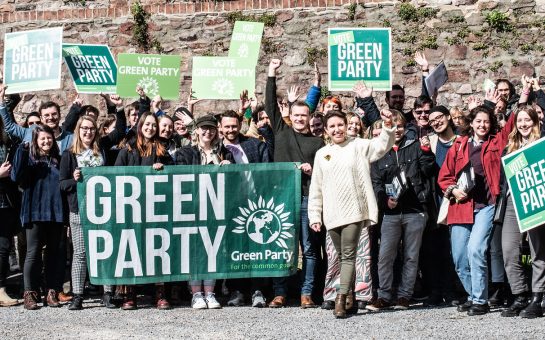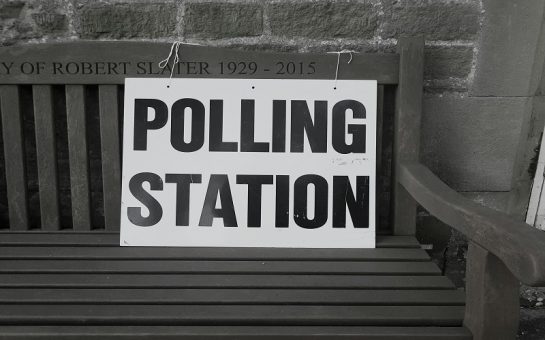The Green Party’s bold new policy to abolish private landlords risks alienating voters as political parties compete for attention in a fragmenting political landscape.
The policy motion on the private rental sector was passed at the party’s annual conference this weekend and includes plans to end buy to let mortgages, tax landlords more, and introduce rent controls.
The proposals come amid a flurry of policies announced by the major political parties in the last month, as polls suggest a fragmentation of voting intentions and a move away from traditional two-party politics.
Richmond Green Party Councillor Chas Warlow, who voted against the policy at the Bournemouth conference, said: “I am fairly optimistic that people will understand that we are saying some inflammatory things, but we are getting media coverage.
“This is about highlighting a problem that we know is real, the problem of affordability, and the Green party is honest enough to offer some bold proposals.”
The private rental sector is estimated to be over a million households in London, and the Green party plans would see a dramatic shakeup of the market affecting both landlords and tenants.
For many in the capital becoming a landlord is a necessity due to professional or financial reasons, and the Green party’s plans would put at risk their ability to be flexible with their homes.
Roz Whitehead, 43, from Richmond, has recently returned to the home she shares with her husband after renting it out while they worked overseas.
“I have been a landlord three times, and all three were due to necessity not because I wanted to be a landlord,” she said.
Cllr Warlow thinks people will understand that the policy is aimed at stimulating a wider discussion on the economy.
“Most landlords who are conscientious won’t be put off by this kind of rhetoric,” he said.
“Yes we are talking about land value tax, yes we are talking about a wealth tax, yes we are talking about the economy in a different way, it’s part of a bigger picture.”
For Whitehead, while she acknowledged the issue of affordable housing in London, she had concerns about the credibility of the proposals.
“The people I know in this area would probably just not take it seriously because it is so far fetched,” she said.
It was a concern echoed by the National Residential Landlords Association who said in a statement: “These proposals are entirely unserious, they would undermine supply and do nothing to address the underlying challenges of the housing crisis.”
For all political parties, the balance is between getting people’s attention in a crowded market place of ideas, without putting them off when it comes to voting.
Whitehead said: “When I first read it I laughed, but I thought I can see what you are doing here, it’s trying to gain attention and everyone is at it at the moment.
“People get frustrated with politicians who say something wild to get attention and get votes, but do you really want to go down the avenue of promising something you can’t deliver?”
Featured image credit: Red Dot via Unsplash





